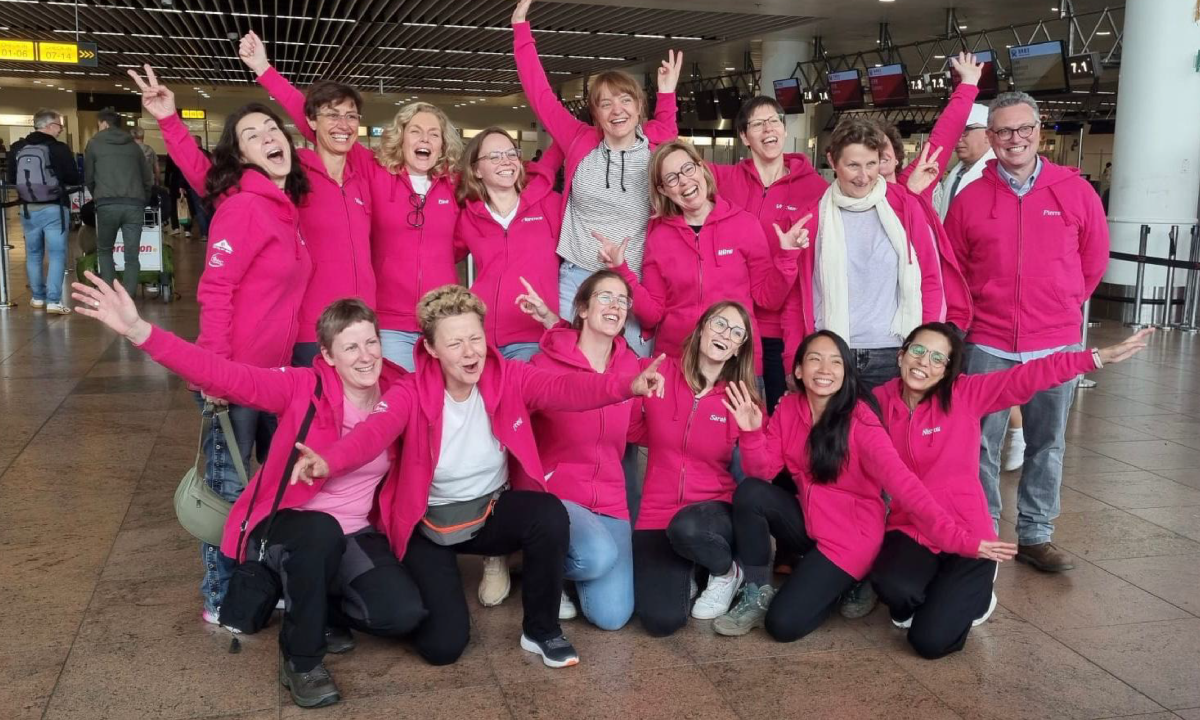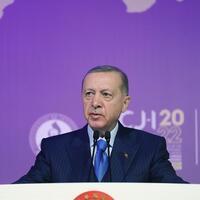“Don’t miss a single screening – not even by a month,” says Maria, vice-president of a volunteer cancer support group in her workplace in Brussels. Maria was diagnosed with cancer in 2013 at the age of 38 through a routine check. “I was on sickness leave for a year and required heavy surgery. I was the youngest person in the hospital where I was treated – the age at which you can develop cancer is dropping dramatically.”
October is Breast Cancer Awareness month, an opportunity to raise awareness of the disease, provide support to women with breast cancer and to highlight how early screening can significantly improve the chances of a successful outcome.
The EU plays an active part in this battle to beat breast cancer. As part of its European Health Union strategy, it has put in place a Beating Cancer Plan. Through it, it is working on meaningful change in EU countries to achieve better cancer prevention, treatment, care and quality of life for all EU citizens. In 2022, new updated screening guidelines were adopted based on the latest scientific evidence for breast, colorectal and cervical cancer. The EU’s goal is to offer screening to 90% of the eligible target population across the EU.
Currently, breast cancer accounts for almost 30% of all diagnosed cancers in women in the EU. There are, however, marked differences in screening participation among countries and population groups. In 2022, the EU set up the first-ever European Cancer Inequalities Registry, to identify trends, disparities, and inequalities between and within EU countries and regions. The results feed into the EU’s future policies and investment in breast cancer treatment.
“I was on my own when I was diagnosed,” says Valentina, who is a member of Maria’s cancer support group. “The support group became like a second family to me. Life is made easier when you share with other people. Just a nice word from a colleague can make all the difference.” The group has 200 members, who have either had or have cancer or caregivers to people with cancer.
“Everyone should try to organise such a group,” says Valentina. The group provides support from advice on how to navigate “the sea of procedures” surrounding getting cancer treatment to laying on yoga classes and walks in the woods. Valentina stresses the importance of physical activity in improving energy levels following cancer treatment. “I was not really sporty before cancer,” she says with a laugh, “but now I’m exercising every weekend.”
As part of her recovery, Valentina signed up to a local scheme in Belgium which encourages women with breast cancer to engage in group physical activity to help them heal and reduce the risk of cancer recurrence. Valentina walked just over 100km in Iceland with a group of 10 women. “Even with a very heavy workload, I felt so energised when I found out I could take part.” The group called themselves Les Amazones. “We discovered only afterwards that the Greeks had made up an etymology, claiming it derived from a-mazos – without a breast. These fearsome women cut off their right breasts to remove an obstruction to the bowstring,” explains Valentina.
A fellow cancer support group member, Alice, was initially diagnosed with breast cancer while working in Niger. “I had just finished breast feeding my 15-month-old daughter and it was the beginning of COVID. The doctor told me to go back to Europe to get a biopsy and I took the last flight before the airport was closed for several weeks. Unfortunately, the biopsy was positive and my treatment began. In Niger, women do not have the same opportunities.” How does she feel about the experience now? “I’m lucky I was born in Europe,” she says.
For more information
#GetScreenedEU campaign, with information about cancer screening programmes in EU countries



